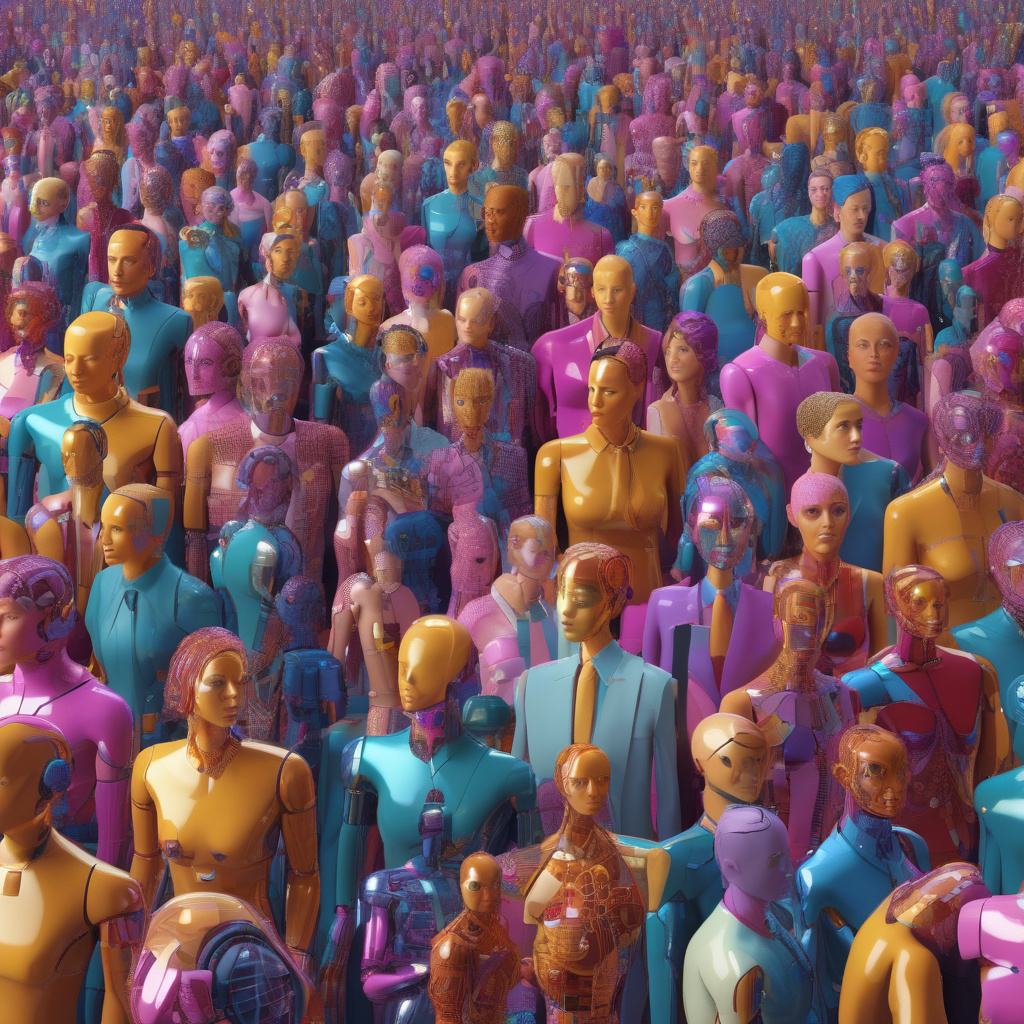AI Agents Tipped to Outnumber Humans Online
In a world where technology continues to advance at an unprecedented pace, the role of artificial intelligence (AI) is becoming increasingly prominent. The former Twitter chief executive has put forth a compelling argument that AI agents are on track to surpass humans in online presence. This prediction raises thought-provoking questions about the future landscape of the internet and how individuals interact with it.
With the rapid development of AI technology, the capabilities of AI agents are expanding exponentially. These digital entities are designed to automate tasks, analyze data, and interact with users in a way that simulates human intelligence. As a result, more individuals are recognizing the value of deploying AI agents to streamline their online activities and enhance efficiency.
Imagine having a team of AI agents working tirelessly behind the scenes to manage your emails, social media accounts, online purchases, and information searches. The concept may seem like something out of a sci-fi movie, but it is increasingly becoming a reality in today’s digital age. By delegating mundane tasks to AI agents, individuals can free up their time to focus on more meaningful endeavors.
One of the key advantages of AI agents is their ability to process vast amounts of data at speeds far surpassing human capabilities. This enables them to provide personalized recommendations, automate routine tasks, and adapt to user preferences with remarkable accuracy. As AI technology continues to evolve, these agents are likely to become even more sophisticated in their functionality and intelligence.
The shift towards AI agents outnumbering humans online signifies a fundamental change in how we engage with the digital world. Instead of being passive consumers of online content, individuals are increasingly becoming creators and curators of their digital experiences. By harnessing the power of AI agents, users can take control of their online presence and tailor it to suit their specific needs and preferences.
However, as AI agents become more prevalent in our daily lives, ethical considerations come to the forefront. Issues surrounding data privacy, algorithm bias, and accountability must be carefully addressed to ensure that AI technology is used responsibly and ethically. It is essential for individuals and organizations to prioritize transparency and fairness in the development and deployment of AI agents to build trust and foster positive relationships with users.
In conclusion, the rise of AI agents heralds a new era in online interaction, where humans and intelligent machines coexist and collaborate in unprecedented ways. By embracing the potential of AI technology, individuals can unlock a wealth of opportunities to enhance productivity, creativity, and efficiency in their online endeavors. As we navigate this ever-evolving digital landscape, it is crucial to approach the integration of AI agents with a mindful and ethical perspective to harness their full potential for the benefit of society.
AI, Agents, Online, Technology, Future












